What is ethanol?
Ethanol, also known as ethyl alcohol, is a chemical substance produced through the fermentation of plant materials rich in sugars or starch. Its molecular composition makes it an excellent fuel, capable of releasing energy through controlled combustion in internal combustion engines.


Why choose ethanol?
One of the main reasons to choose ethanol as a fuel is its renewable origin. Unlike fossil fuels, which involve the depletion of non-renewable resources, ethanol is derived from crops that can be replanted and harvested again each year. This means that its production can be continuous and sustainable in the long term, reducing the carbon footprint.
Furthermore, the use of ethanol as a fuel contributes to the reduction of emissions of pollutants and greenhouse gases, resulting in a significant improvement in air quality and, consequently, public health. This is especially relevant in urban areas with elevated levels of air pollution.
The benefits of using ethanol as fuel
Emission Reduction:
Ethanol can reduce carbon dioxide (CO2) emissions and other harmful particles compared to petroleum-derived fuels. This characteristic makes it an important ally in combating the climate crisis and improving air quality.
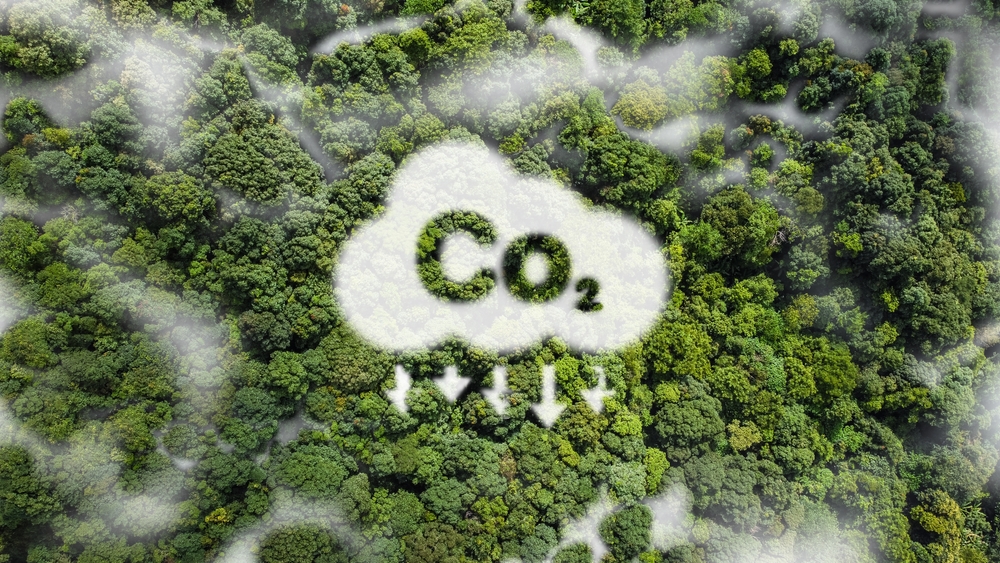

Better Performance:
Ethanol possesses a high-octane rating, which means it can enhance engine performance by providing more complete and efficient combustion. This translates to higher calorific value and improved performance in terms of power and torque in vehicles.
Biodegradability:
Ethanol is biodegradable, and in the event of spills or leaks, it breaks down rapidly without causing significant harm to the environment, unlike fossil fuels that have devastating effects on nature.
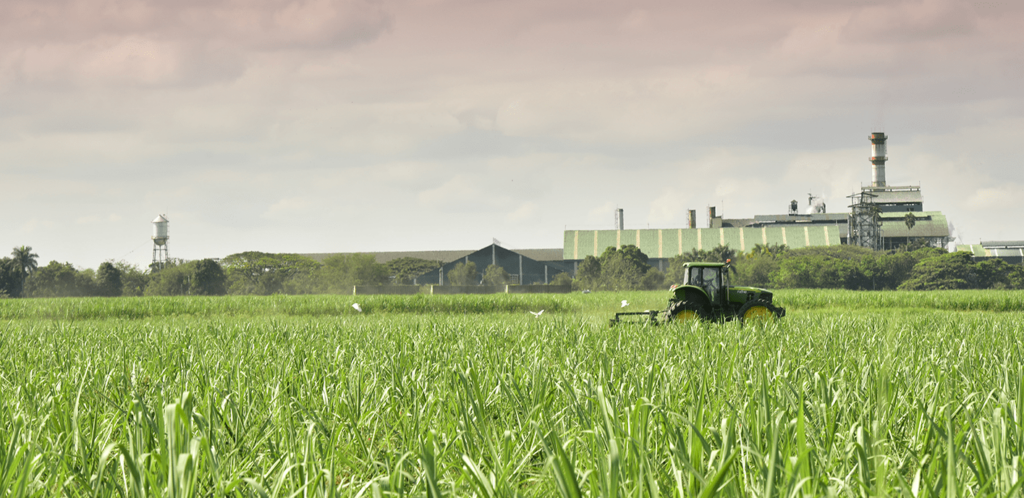
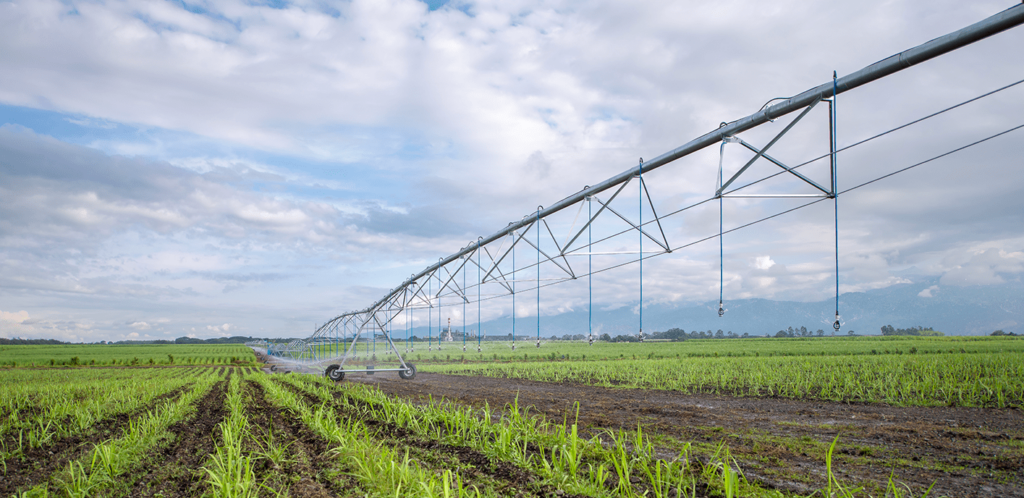
Crop Diversification:
Ethanol production promotes the diversification of crops used in its manufacturing, benefiting agriculture and the local economy, and reducing dependency on a single resource.
Research and Development:
The adoption of ethanol as a fuel encourages research and development in cleaner and more efficient technologies, such as flexible engines capable of using ethanol-gasoline blends in varying proportions.
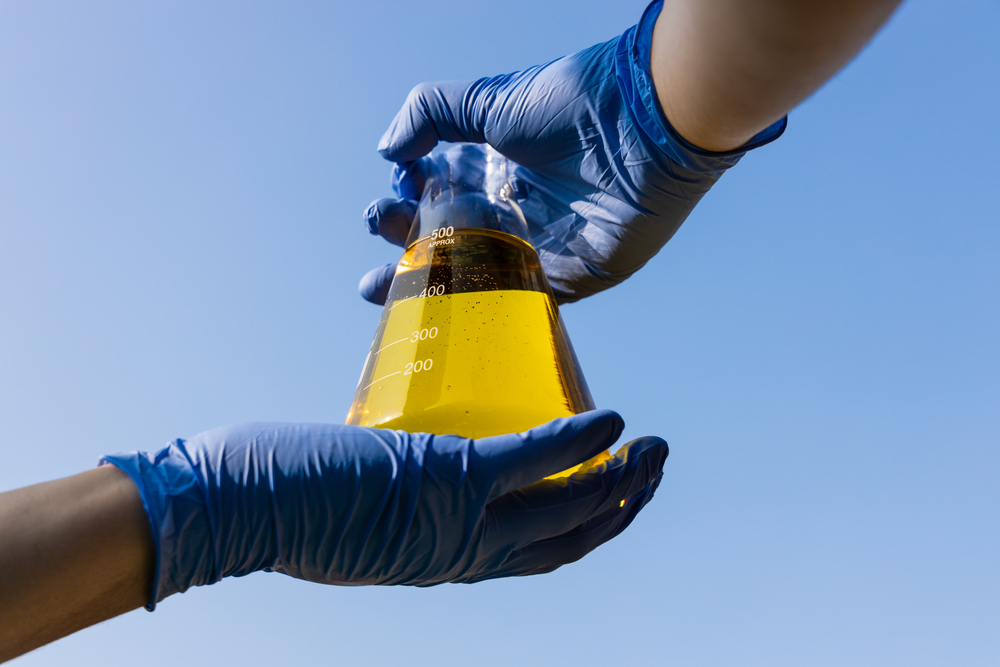
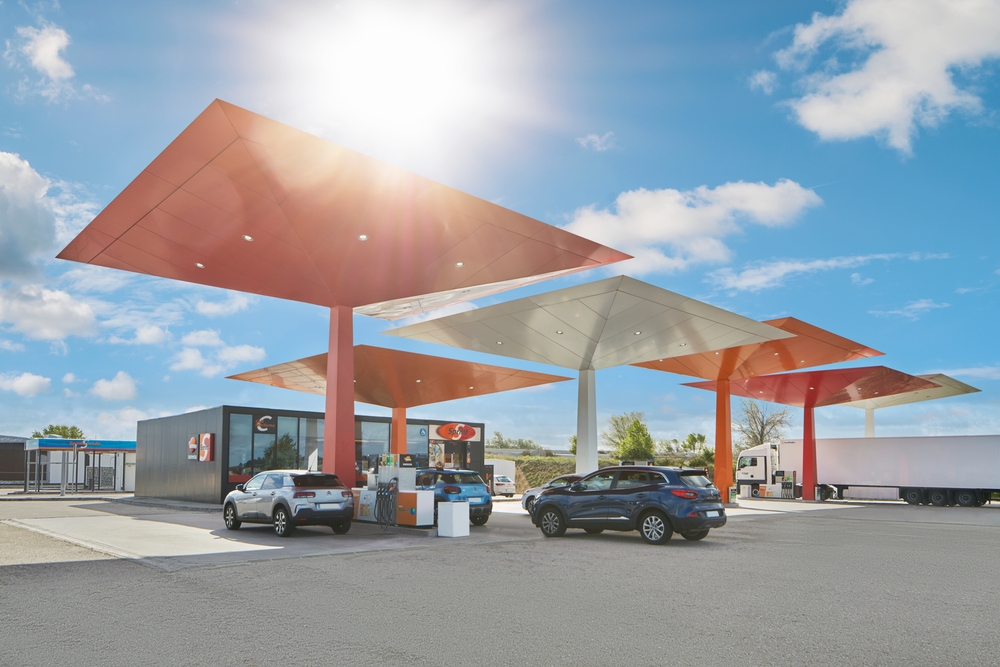
Where to buy ethanol
in Colombia?
Colombia has made considerable progress in promoting the use of ethanol as fuel. Currently, ethanol is available at many gas stations in major cities across the country. Entrepreneurs wishing to adopt this sustainable alternative can establish contacts with ethanol suppliers and gas stations that offer ethanol-gasoline blends in different proportions.
Advantages of ethanol vs. gasoline
Competitive Price:
In some cases, ethanol can be more cost-effective than gasoline, providing savings for consumers and businesses aiming to reduce their operational costs.

Reduced Oil Dependency:
The production and consumption of ethanol contribute to decreasing countries’ dependence on oil, thereby reducing the volatility of international fuel prices.

Emission Reduction:
Ethanol generates fewer greenhouse gas emissions and local pollutants compared to gasoline, improving air quality and public health.
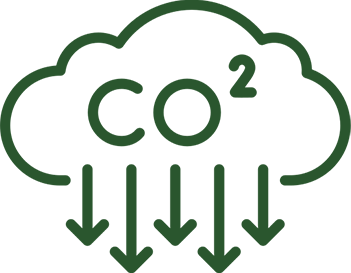
Greater Spill Safety:
Ethanol is less toxic and volatile than gasoline, implying a lower risk of explosions in the event of accidental spills.

Conclusion
Ethanol is a sustainable and promising solution in the field of fuels. Its renewable origin, emission reduction, and capacity to foster the development of cleaner technologies make this alcohol an attractive option for environmentally conscious entrepreneurs and academics aware of the need to address environmental and energy challenges.
In Colombia, its increasing availability at gas stations makes it a tangible and accessible alternative for those seeking to reduce their environmental impact and contribute to the development of a more sustainable future. The transition to an economy based on cleaner and renewable fuels is a crucial step in ensuring a healthier planet for future generations.

